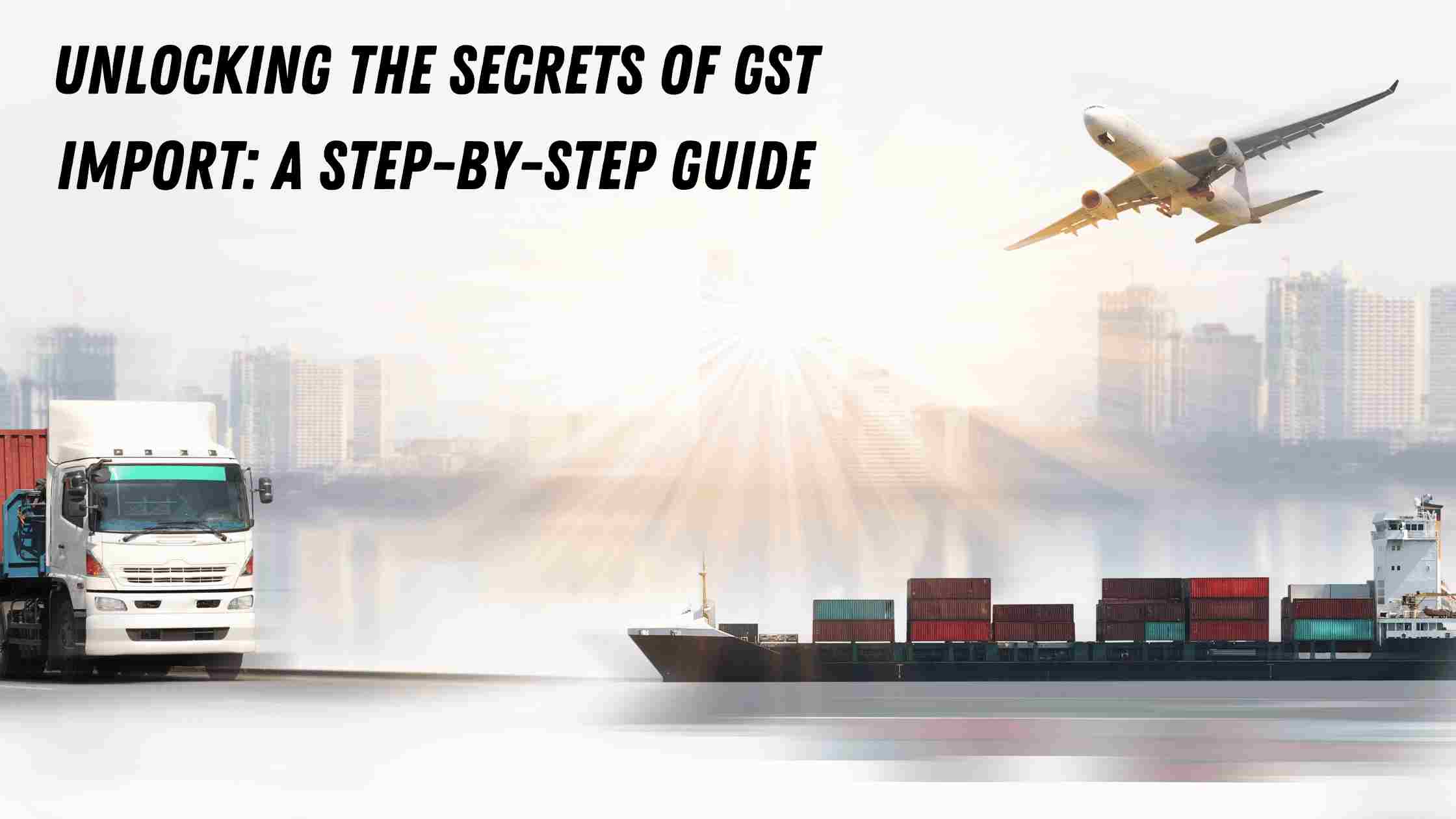Assessment mean determination of tax liability under the GST law (as per section 2(11)). GST is a trust-based taxation regime, where a taxpayer is first required to self-assess his liability and furnish other relevant details.
Types of assessments:
- Self-assessment;
- Provisional assessment;
- Scrutiny assessment;
- Best judgement assessment of;
- Non-filers of returns;
- Unregistered persons and
- Summary assessment.
1. What is self-assessment?
As said earlier, GST is trust-based taxation regime. In self-assessment, every taxpayer by himself assess tax payable by him for a tax period and file the relevant returns.
2. What is provisional assessment?
Under provisional assessment, taxpayer have option to request the GST officer to complete his assessment on provisional basis. Grounds on which taxpayer can request for provisional assessment.
- The taxpayer has contravened provisions of the Act or the rules; or
- Composite dealer has not furnished the return for 3 consecutive tax period; or
- Regular taxpayer has not furnished the return for continuous 6 months; or
- Taxpayer who registered voluntary has not commenced the business within 6 months from the date of registration; or
- Registration is obtained by means of fraud, by hiding the information
The taxpayer submits an application to GST officer in form GST ASMT – 01 along with relevant supporting documents. The officer shall issue an order within a period not later than 90 days from the date of receipts of request and allowing payment of tax on a provisional basis.
The order will contain the following details:
- the value or the rate or both.
- the amount for which bond need to executed and security amount. The value of security cannot be more than 25% of amount covered under bond.
The provisional assessment will be followed by final assessment.
The final assessment order must be passed by officer within 6 months from the date of provisional order. The said period can be extended due to sufficient cause by 6 months, if approved by join/additional commissioner and commissioner may extend of maximum 4 year.
What if tax liability determined in final order is higher than provisional assessment?
If there is shortfall in tax payment after final order. The taxpayer will be liable to pay interest from the 1st day after due date of payment of tax till the date actual payment of tax.
What if tax liability determined in final order is lesser than provisional assessment?
In case of excess payment, the taxpayer will be eligible for refund along with the interest. The interest will be paid, if department fails to pay within 60 days from the date of final assessment order.
3. What is Scrutiny assessment?
The return filed by a taxpayer may be selected for scrutiny by GST officer. The officer will verify the same with information available with him.
In case of discrepancy is found, the officer will issue a notice stating discrepancy and ask for explanation from the taxpayer. The taxpayer must respond within 30 days from the date of service of notice.
The taxpayer accepts the discrepancy, he needs to pay the tax and interest on the difference agreed. But if he refused to accept then needs to submit required explanation.
Action by officer on reply
- If officer is satisfied than he will accept the reply and no action will be taken.
- If officer is not satisfied with the reply submitted by the taxpayer; or taxpayer accepted the discrepancy but failed to take corrective action. The following actions can be taken:
4. A. Assessment of non-return filers:
If the taxpayer has defaulted in filing the monthly/quarterly (U/S 39) or annual return (U/S 45) and notice was issued under section 46. The taxable person fails to comply with the notice. Then GST officer can determine his tax liability on best judgement basis. The officer will refer to the all-relevant documents available with him.
Time limit for assessment order:
The order of best judgement must be passed within 5 years from the due date of the annual return for the year in which taxpayer defaulted.
Withdrawal of assessment order:
Where the taxpayer file the valid return within 30 days from the date of notice for defaulting period. The order will be deemed to have been withdrawn but will be liable to pay tax, late fee and interest under section 50 and 47.
B. Assessment of unregistered person:
If the taxable person
- Fails to obtain registration even though liable for registration.
- Whose registration is been cancelled due to any of the following reasons:
The proper officer can do the assessment to the best of his judgement for the said period.
Issue of Notice
Before doing an assessment, the GST officer will give an opportunity of being heard to the taxpayer. The officer will issue a notice stating the ground on which assessment is proposed. The unregistered taxpayer will 15 days’ time to reply.
Time limit for assessment order:
The order of best judgement must be passed within 5 years from the due date of the annual return for the year in which taxpayer defaulted.
5. Summary assessment:
Summary assessment is done by GST officer to protect the interest of revenue with prior approval from Additional Commissioner/Joint commissioner. Cases when summary assessment is done when:
- The GST officer has evidence that a taxpayer has incurred a liability to pay a tax under GST; or
- The GST officer is having sufficient grounds to believe that delay in assessment order will impact the interest of revenue.
Withdrawal of Summary assessment:
The assessment order will be withdrawn by approval of Additional Commissioner/Joint commissioner-
- on application filed by taxpayer for withdrawal of summary assessment order within 30 days from the receipt date. or
- by himself, if he finds order to be erroneous and may compute the liability as per section 73 or section 74 of the GST Act.
Deemed taxable person in case of supply of goods:
If department is unable to identify the taxpayer in relation to goods which are in movement. Then person incharge of goods will be deemed taxpayer and will be liable to pay tax and other dues under this Act.
Disclaimer:
The information provided in this content is for general informational purposes only. You should always seek the advice of expert before making any decisions based on the information provided. We do not warrant or guarantee the accuracy, completeness, or usefulness of the information provided. Any reliance you place on such information is strictly at your own risk. We shall not be liable for any damages, losses, or expenses arising out of or in connection with the use of this content.








